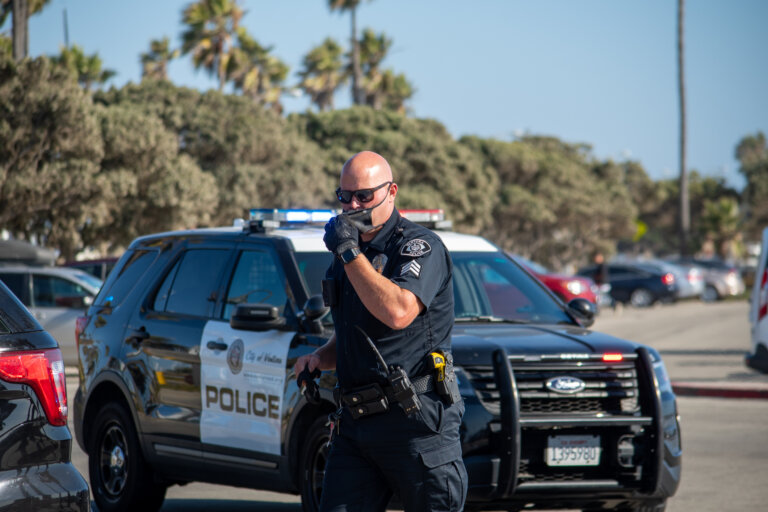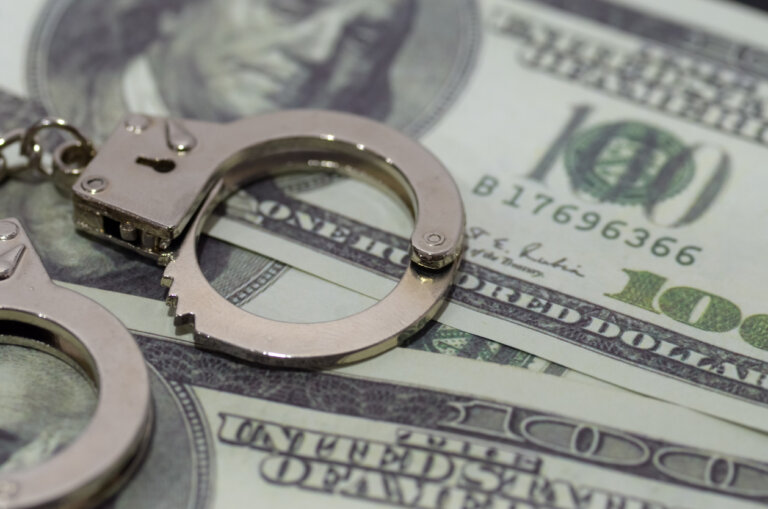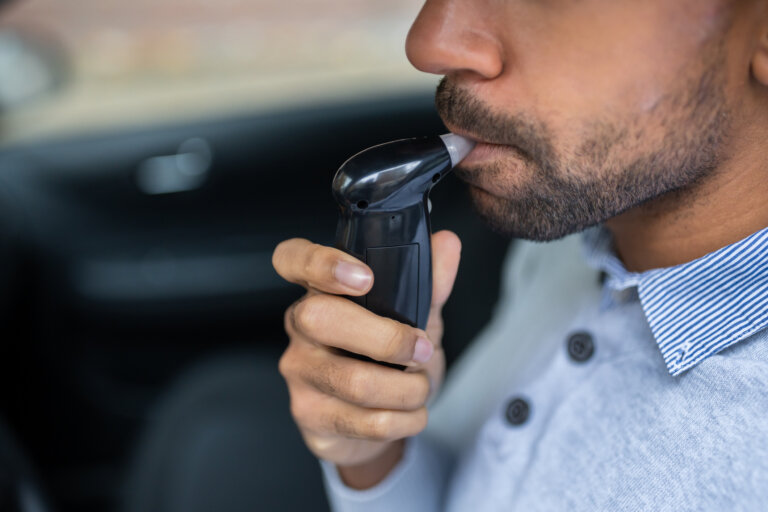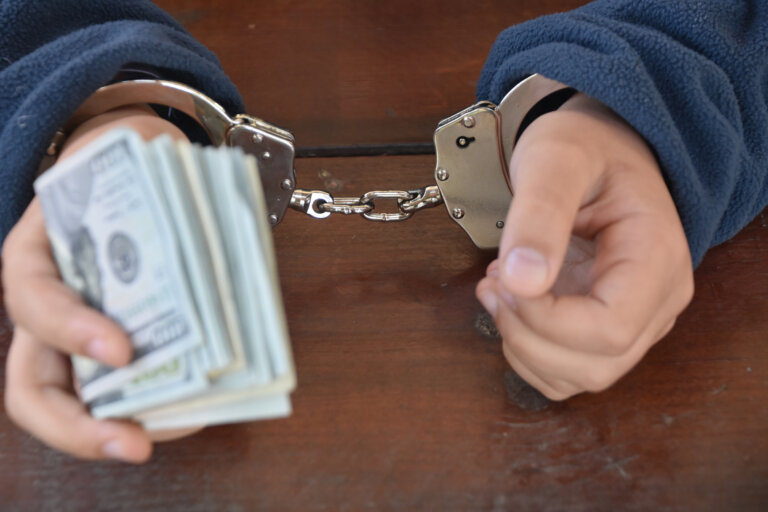Defenses for Murder Charges in Florida
Facing a murder charge is one of the most serious and frightening situations anyone can experience. Your future, freedom, and reputation are all at risk. If you or someone you care about has been accused of murder in Florida, you need to understand the potential defenses available and how the legal process...
Public Intoxication: When Does it Become a Criminal Offense in Florida?
Public intoxication might sound like a minor slip-up—something many people assume is only an embarrassment rather than an actual crime. However, in Florida, being intoxicated in public can sometimes cross the line into criminal behavior. At Van Elswyk Law, we want members of our community to understand exactly where that line...

Factors that Affect Bail and Pretrial Release in Florida
Facing an arrest can be overwhelming, and the prospect of waiting for trial can add stress to an already difficult situation. Bail offers a way for people to continue their daily lives while awaiting their court date. However, the court carefully considers several aspects before deciding on bail, looking at the person’s...

Search and Seizure Laws in Florida: When Police Need a Warrant
In Florida, search and seizure laws set boundaries to protect your privacy and freedom from unlawful intrusion. These laws dictate when police can enter your home, search your property, or seize belongings—and, importantly, when they can’t. If law enforcement oversteps these boundaries without a warrant or valid reason, it’s a violation of...

Grand Larceny: When Does Theft Become a Felony?
Theft can quickly turn from a minor offense into a serious felony, depending on the circumstances. In Florida, when the value of stolen property crosses a certain threshold, the legal consequences escalate. A felony conviction for grand theft carries not only harsh penalties but can also have long-term effects on your life,...

Prescription Drug Charges in Florida: What You Need to Know
Prescription drug charges are becoming more common in Florida, and the consequences can be severe. Whether it's possessing medication without a valid prescription, doctor shopping, or distributing prescription drugs, these offenses carry serious legal repercussions. Florida’s laws around controlled substances are strict, and being charged with a prescription drug crime can impact...

How to Challenge Breathalyzer Results in Florida DUI Cases
Breathalyzer tests are commonly used in DUI cases to measure blood alcohol concentration, but they aren’t always accurate. Various factors, such as device malfunctions, human error, or medical conditions, can lead to faulty readings. If a breathalyzer result seems questionable, it’s possible to challenge the evidence and potentially weaken the case against...

Florida State Sex Offender Registry: What You Need to Know
The Florida State Sex Offender Registry is an important tool for public safety. It is designed to monitor and manage individuals who have been convicted of sex offenses. Whether you or someone you know is affected, it is essential to understand how the registry works. This guide will give you a clear...

Self-Defense in Florida: Understanding Your Rights and Legal Protections
In Florida, self-defense laws give you the right to protect yourself when you are in immediate danger. The state's Stand Your Ground law permits you to use force, including deadly force, without having to retreat under specific conditions. These laws are in place to allow individuals to defend themselves and their families...

Navigating the Bail Process in Florida
If you or a loved one has been arrested in Florida, the bail process can feel overwhelming and confusing. You might wonder how bail amounts are determined, what options are available, and how to secure a timely release from custody. Here, we break down the essentials of the bail system, offering practical...